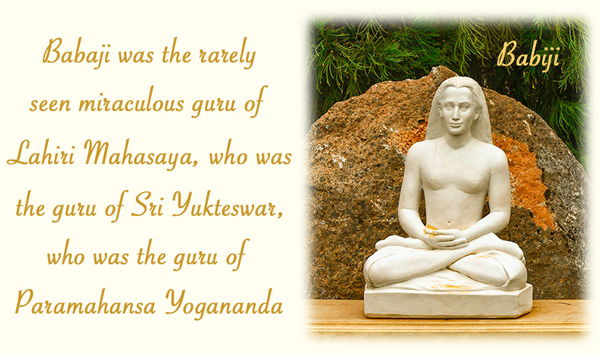

If you like my website, please let me know! It's the only way I'll know if it's doing any good! And please tell your friends about it! Word of mouth is the only way it will spread!
Thank you!!!
- Bill Gaum

Some Thoughts on Hinduism
The word, "Hinduism", is actually a catch-all term for a vast array of differing spiritual paths, ideologies, practices, religious beliefs, and mythologies that have gradually been amalgamated under the umbrella term of "Hinduism". In other words, there is no single spiritual path or ideology that constitutes "Hinduism". In fact, it is so unbelievably vast, multifaceted and complex, that it is easier to focus on a few core areas, rather than to try to give some sort of overall explanation.
So, this website will focus mainly on the Hindu teaching that encapsulates the heart of most Hindu teachings and practices, and does it in an extraordinary pure, deep, and profound spiritual way. And that is the teachings of Krishna as given in the all important spiritual text: The Bhagavad-Gita. (The "Gita" article will be written as time allows.)
By the way, instead of using the term "Hinduism" to describe their religion, most Hindus prefer to call it the "Sanathana Dharma", which means: "The Eternal Teaching for Right Living".
Major Influences in Hinduism

For the sake of keeping things simple at this stage of this website, here is a list of some of the Hindu teachings that have contributed most to the spiritual wealth of humanity. (I hope to later write articles that explain most of these topics.)
Crucial Contributions to Hinduism
The Major Upanishadic Precepts
The Bhagavad-Gita
Patanjali's Yoga Sutras
The Raja Yoga of Self-Discipline
The Swami tradition
The 3 Principle Approaches:
Dualism
Partial Dualism
Non-Dualism (Advaita)
The Atma & Self-Realization
 The 4 Principle
The 4 Principle
Devotional Paths
Devotion to Vishnu or Incarnations of Vishnu: "Vaishnavism":
Rama
Krishna
Devotion to Shiva: "Shaivism"
Devotion to the Divine Mother/Devi: "Shaktism"
Smarta Tradition: Those who focus mainly on the Vedas & Shastras and revere Brahman as the monotheistic aspect of GOD.
Some of the Great Hindu Saints
of the Last Two Centuries
Anandamayi Ma
Paramahansa Yogananda
Sri Ramakrishna Paramahamsa
Vivekananda
Ramana Maharshi

______________
The Incredible Avatar of the 20th Century
______________
Krishna:
A Workbook on Krishna Teachings:
Roadmaps to Self-Realization, by Jack Hawley. We're pleased that we now have in our website a Self-Realization workbook based on the teachings of Krishna. In "Roadmaps to Self-Realization", Jack Hawley has turned the teachings of the Bhagavad-Gita into a spiritual self-diagnostic manual using only the words of Krishna. Now readers of all levels can use these uniquely arranged teachings of Krishna to easily assess where they are on the road to Self-Mastery and Self-Realization, and determine areas of their lives where they need to focus their spiritual practices. Click here to read the entire workbook and use all the worksheets free of charge on our website: "Roadmaps to Self-Realization". Or you can order a paperback copy from: www.GitaWalkThrough.com.
The Teachings of Krishna
Eventually, as time allows, I will create a section on the teachings of Krishna. But for the time being here's a short summary of Krishna's teachings as given in the Bhagavad-Gita. For a more extensive introduction to the teachings of Krishna please see Jack Hawley's book: "Roadmaps to Self-Realization" as mentioned in the paragraph above. The whole book can be read for free on our website.
It is Best to Dedicate Our Lives:
1. To GOD,
2. To selfless service to humanity
3. To seeing those we’re serving as embodiments of GOD
4. To realizing that we are nothing more than outpourings of GOD, and all the credit for everything we do goes to GOD
5. To realizing that since GOD is the “Doer”, it is spiritually helpful that we have no attachments to the results (Fruits) of our service. In other words, if our kind acts are a wonderful success, then we simply pass any praise that we receive from others on to GOD, and know our Mother-Father GOD to be the real Doer. Likewise, if our efforts seem to be a failure, we likewise have no sense of failure, because we know that we are simply GOD’s instruments, and we did our very best, and the results are in the hands of GOD.
6. To doing everything as an act of devotion to GOD, a gift to GOD.
7. To doing everything with an attitude of Gratitude to GOD.
8. To joyfully relinquish selfish desires in order to serve our fellow human beings.
Copyright 2015 Bill Gaum, All Rights Reserved